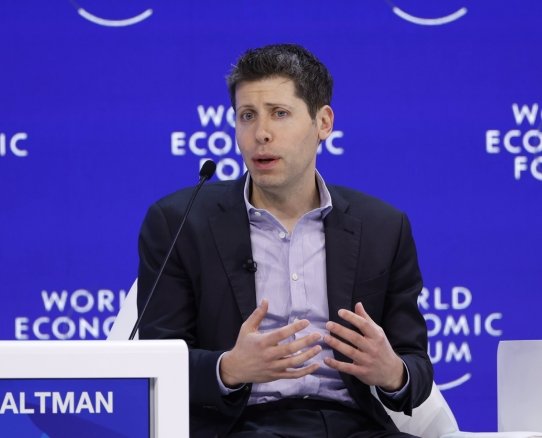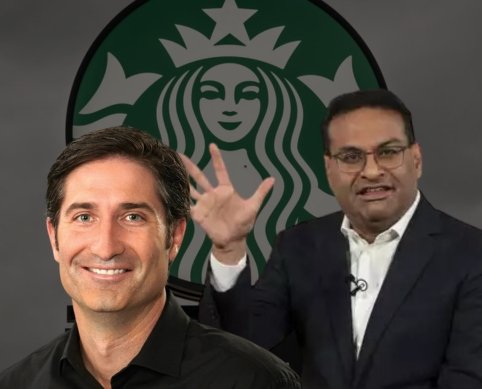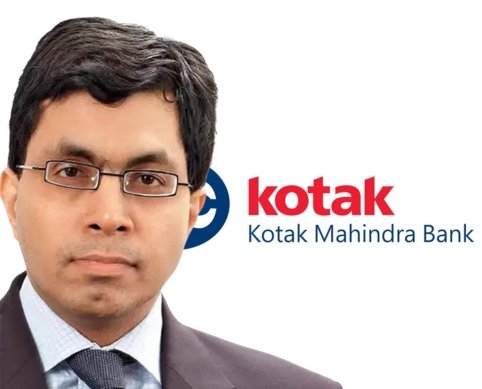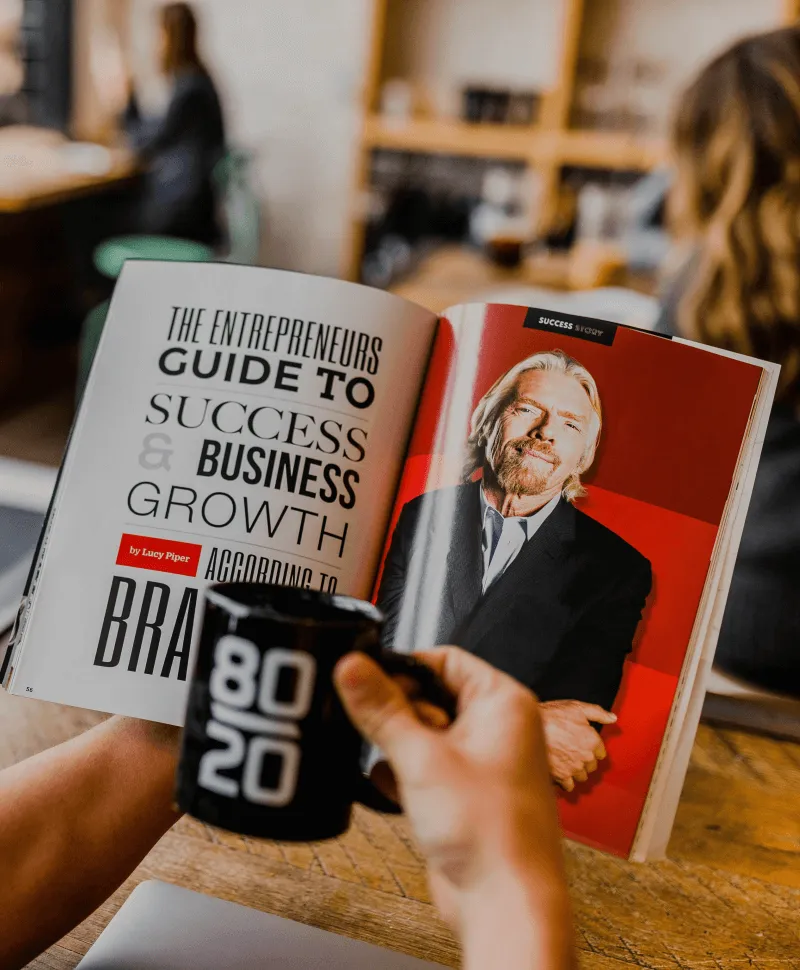OpenAI, the company behind ChatGPT, is reportedly considering restructuring its core business into a for-profit benefit corporation, potentially giving CEO Sam Altman an equity stake. According to a Bloomberg report, Altman, who is already a billionaire, could become significantly wealthier depending on how the situation unfolds. The report, citing sources familiar with the matter, suggests that if fundraising values OpenAI at $150 billion and Altman receives a 7% stake, his net worth could increase by more than $10 billion, placing him among the world’s wealthiest individuals.
Altman has frequently stated that he does not hold equity in OpenAI because he already has sufficient financial resources.
During a Senate hearing last year, Altman testified, “I am paid enough to cover health insurance; I have no equity in OpenAI.” He added, “I’m doing this because I love it.” However, he has also occasionally expressed that he wishes he had taken a stake to avoid being questioned about it.
Current Structure of OpenAI
For context, OpenAI was established as a non-profit organization with the goal of developing safe and beneficial artificial general intelligence (AGI) for the good of humanity. The company is governed by the board of the OpenAI Nonprofit, which includes Independent Directors Bret Taylor (Chair), Sam Altman, Adam D’Angelo, Dr. Sue Desmond-Hellmann, Retired U.S. Army General Paul M. Nakasone, Nicole Seligman, Fidji Simo, Larry Summers, and Zico Kolter.
Although Altman co-founded OpenAI in 2015, he has not held any stake in the company so far. Acquiring shares in OpenAI would allow Altman to benefit financially from one of his most impactful ventures. A previous Bloomberg News report indicated that OpenAI was in discussions to raise $6.5 billion from investors at a valuation of $150 billion, positioning it as one of the most valuable startups globally.
Bret Taylor, chairman of OpenAI’s board, stated that discussions are still underway. Taylor explained that “the board is assessing whether granting Sam equity would be beneficial for the company and its objectives, but no concrete terms have been discussed, and no decisions have been finalized yet.”










